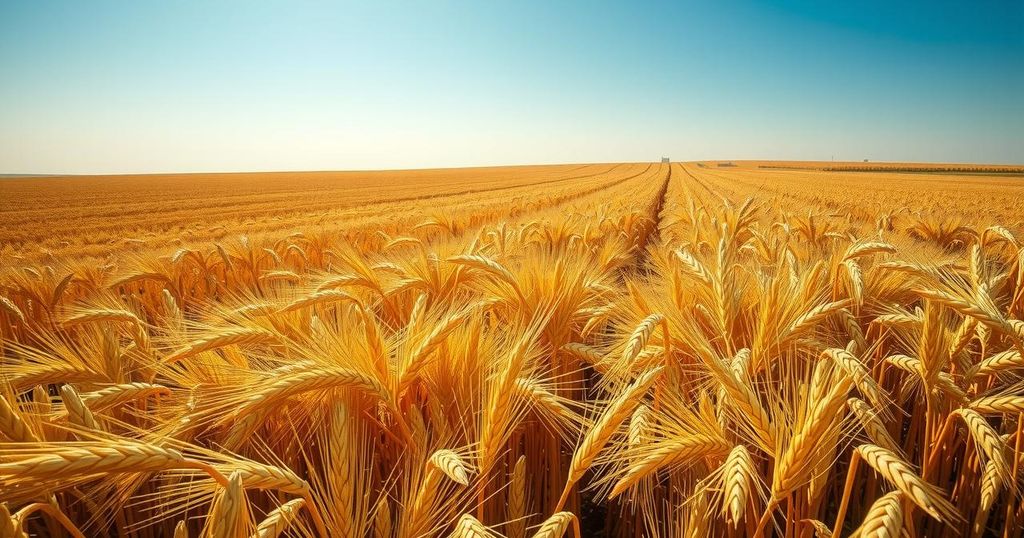Brazil’s Strategy to Increase Food Stocks Amid Inflationary Pressures

Brazil plans to buy 445,000 metric tons of food staples this year to combat stubborn inflation. This marks a policy shift as the government struggles with rising consumer prices, which have impacted the popularity of President Lula. The crop agency Conab will receive additional funding to support these purchases, as food prices continue to rise.
The Brazilian government plans to procure at least 445,000 metric tons of staple foods such as rice, corn, and beans during the current year to augment food stock levels amidst persistent inflation. Published reports by Valor Economico indicate this strategy reflects a notable policy shift from prior administrations, suggesting challenges in controlling inflation rates persist.
Additionally, last week, the Brazilian administration reduced import tariffs on specific food products to combat escalating food prices. However, some analysts have criticized this move as largely ineffective. President Luiz Inacio Lula da Silva has seen his popularity wane as concerns about rising consumer costs increase among the public.
As part of this initiative, Brazil’s crop agency, Conab, is expected to receive an additional budget of 350 million reais (approximately $60.35 million) this year for the acquisition of grains. This information was reported by Valor Economico, citing Conab’s president Edegar Pretto, although Conab has not yet commented on the specific volumes of food involved in the purchasing plan.
Data from the statistics agency IBGE illustrate that food and beverage prices climbed by about 8% for the entirety of 2024 and demonstrated a near 1% increase in January alone, marking five consecutive months of price hikes. The upcoming release of February’s data is highly anticipated.
In summary, Brazil’s initiative to purchase significant amounts of staple foods represents a strategic shift in policy aimed at combating persistent inflation. Despite recent tariff reductions, concerns over food prices remain prevalent, resulting in decreased public support for the current administration. Enhanced funding for the crop agency highlights the government’s commitment to stabilizing food supplies and addressing rising costs.
Original Source: www.tradingview.com








